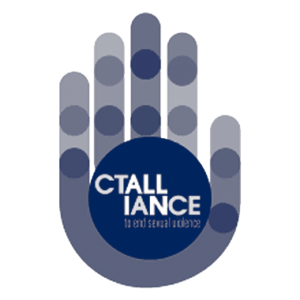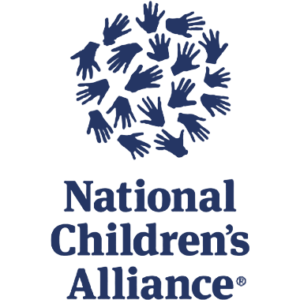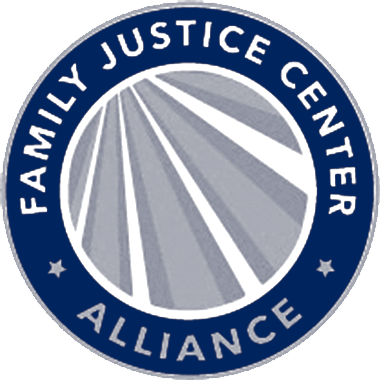When the Bridgeport YWCA first opened its doors in 1895, women did not have the right to vote. They also could not borrow money, open a business, or get divorced without their husband’s written consent.
If those husbands ever abused them or their children, women had no choice but to put up with the emotional trauma and physical violence.
Domestic and sexual abuse were viewed as dark secrets that people only dared to whisper about. Law enforcement and our courts were not required–or inclined–to intervene in family violence cases. In what was then a decidedly patriarchal society, victims had to go it alone, often to their great peril.
The seeds for change in how victims treated in our communities began 126 years ago when about a dozen Protestant women launched the Bridgeport YWCA. The goal of these community-minded ladies was to “create a refuge from the stresses of urban life” for the young women flocking to Bridgeport in search of factory jobs.
What began as social and recreational oasis for women toiling in those factories, has evolved into what is today The Center for Family Justice, the Bridgeport-based nonprofit which now serves victims of domestic and sexual violence and child abuse in the communities of Bridgeport, Easton, Fairfield, Monroe, Stratford, and Trumbull.
We are proud that on March 26 CFJ will celebrate the legacy of our visionary founders, which continues as a dynamic nonprofit at the forefront of protecting, empowering, and bringing hope into the lives of victims and survivors of abuse.
As we mark our milestone at our Virtual Jubilee Gala, it is important to reflect on how far we have come in the efforts to protect the more than 4,000 victims of domestic and sexual violence and child abuse we serve annually.
We are fortunate to be living in a time when victims now have access to free, confidential crisis and supportive services and real protections from their abusers. Since the passage of the federal Violence Against Women Act in 1994, resources for victims have increased exponentially.
This groundbreaking legislation –along with strong community support from our generous donors–is the reason we can provide safe house shelter, emotional support, legal counsel, advocacy, and self-sufficiency services to victims.
Today, we also have strong partnerships with law enforcement in the six communities we serve and work closely with prosecutors in our criminal courts to help keep victims safe. Our Pro Bono attorneys can stand with our clients before judges who have a deeper understanding of the need to protect victims and sensitivity to the ways that abusers often use our courts to continue the cycle of abuse with frivolous and harassing legal maneuvers.
We can treat our clients through a lens that sees that abuse is a trauma that lasts a lifetime and the insight that the pathway to survivorship takes time, compassion, and a fundamental understanding that all victims must be believed, supported, and protected.
We have come so far, but there is still so far to go to create communities free of the devastating cycles of violence and abuse that can impact families for generations.
The evidence that there is still more work to be done, was never more evident than it has been during the Covid-19 pandemic.
Calls to domestic violence hotlines throughout our state increased by more than 30 percent and our safe house has been at capacity throughout this public health crisis, forcing us to spend tens of thousands of dollars on hotel shelter for our clients. It was clear to us that the stresses of people being forced to shelter in place with their abusers has had devastating and lasting consequences.
I often say my hope for the future is that, someday, The Center for Family Justice will not need to exist. Imagine if we can foster so much community understanding about the disturbing social dynamics that contribute to abusive relationships, sexual abuse, and violence, that we are put out of business.
Until then, it is my fervent hope that we will continue to do all that we can to advance the idea that love is never about emotional or physical violence, stalking, harassment, sexual coercion, or abuse of any kind. Love should never hurt.
—Debra A. Greenwood is the President & CEO of The Center for Family Justice which provides crisis and supportive services to victims of domestic and sexual violence and child abuse in six local communities.






